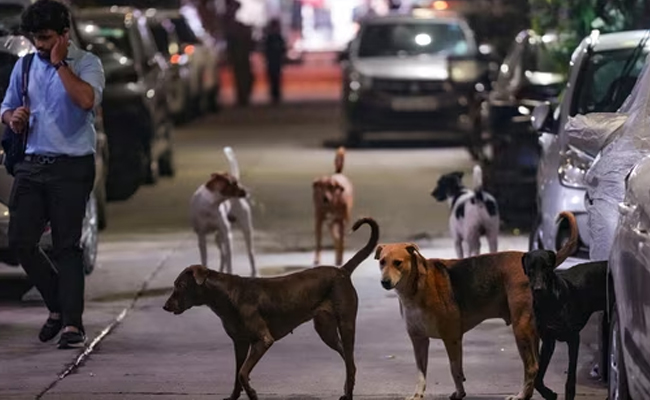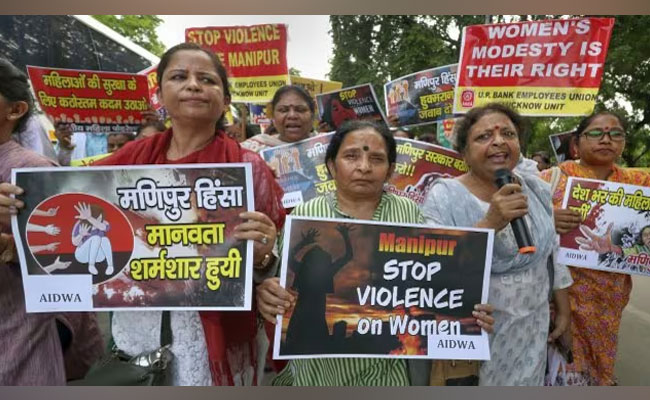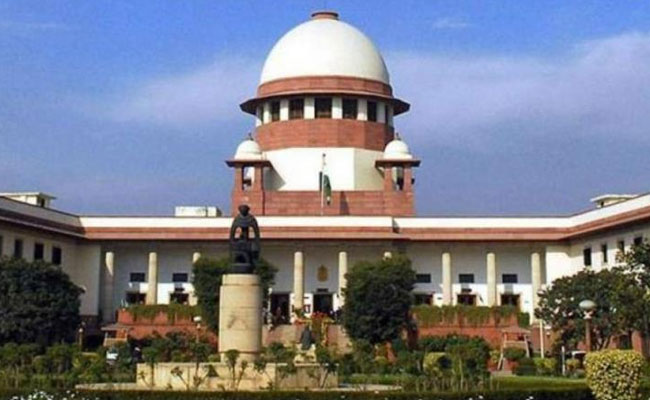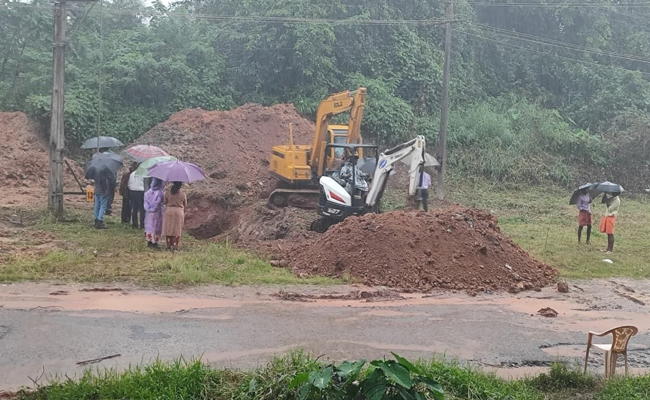New Delhi (PTI): The Supreme Court on Monday allowed People's Democratic Party (PDP) chairman Abdul Nasar Madani, a prime accused in the 2008 Bengaluru serial bomb blasts case, to travel to Kerala and stay there for treatment.
A bench of Justices A S Bopanna and M M Sundresh modified Madani's bail condition, which had directed him to stay in Bengaluru till the completion of his trial.
"In modification of the order dated July 11, 2014, we permit the applicant to travel to his hometown in Kerala and stay there. However, to ensure that the applicant is adhering to all other requirements, we direct that the appellant will report to the Station House Officer of the nearest police in Kollam district, once in 15 days. The charges for the same shall be borne by the applicant himself. It is open for the State of Karnataka to take all such precautions to ensure that the applicant does not abuse the liberty granted,” the bench said.
“Madani has been out on bail since 2014 after the Supreme Court granted relief in view of his poor health. But he was ordered not to leave Bengaluru. In April 2023, the apex court permitted him to visit Kerala to meet his ailing parents accompanied by the Karnataka Police escort and return in the same manner,” the High Court had said.
Let the Truth be known. If you read VB and like VB, please be a VB Supporter and Help us deliver the Truth to one and all.
New Delhi (PTI): "I will look into it," Chief Justice of India B R Gavai assured on Wednesday when a plea relating to stray dogs was mentioned for urgent hearing in the Supreme Court.
The plea by the Conference for Human Rights (India) was mentioned before a bench of the chief justice and Justice K Vinod Chandran by a lawyer.
Another bench has already passed an order in relation to stray dogs, the CJI pointed out.
On August 11, a bench of Justices J B Pardiwala and R Mahadevan observed that instances of dog bites had given rise to an "extremely grim" situation and ordered the permanent relocation of all strays in Delhi-NCR "at the earliest".
On Wednesday, the lawyer referred to a May 2024 order passed by a bench led by Justice J K Maheshwari relegating petitions relating to the stray dog issue to respective high courts.
The CJI then assured that he will look into it.
The plea by Conference for Human Rights (India) claims the Animal Birth Control (Dog) Rules, 2001 mandating regular sterilisation and immunisation programmes for stray dogs to curtail their growing population are not being complied with.
In its August 11 ruling, the apex court also said dog shelters will have to be augmented over time and directed Delhi authorities to start with creating shelters of around 5,000 canines within six to eight weeks.
Besides, the bench warned of strict action against an individual or organisation in case of any kind of obstruction in the relocation drive that might also prompt the court to initiate contempt proceedings.





